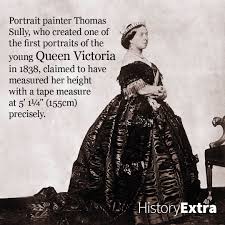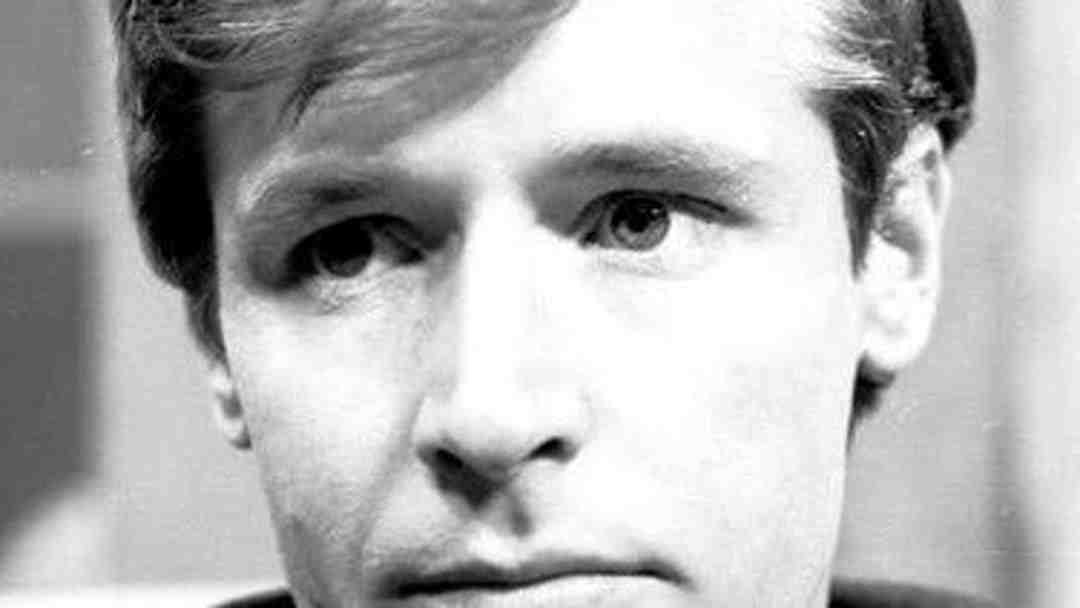
Introduction
Queen Victoria, who reigned from 1837 until her death in 1901, holds a significant place in British history as one of the longest-serving monarchs in the country’s history. Her reign, known as the Victorian era, was marked by remarkable industrial, cultural, political, scientific, and military change within the United Kingdom and the British Empire. Understanding her life and legacy provides insight into the evolution of modern Britain and the complexities of its imperial past.
Early Life and Ascension to the Throne
Born on 24 May 1819, Victoria became queen at the tender age of 18 following the death of her uncle, King William IV. She was guided by her mother and the prime minister, Lord Melbourne, who played a crucial role in her early reign. Victoria overcame initial challenges, including a lack of experience and public scrutiny, to forge a new path for the monarchy, one that would include more engagement with the public.
A Queen and Her Empire
During Victoria’s reign, the British Empire expanded significantly, becoming the largest empire in history. This expansion brought about both economic prosperity and controversial colonial practices. Victoria herself became known as the Empress of India, a title that symbolised Britain’s imperial authority. The Industrial Revolution also flourished during her reign, leading to urbanisation and significant advancements in technology, which both reshaped society and propelled Britain into a new industrial age.
Social and Cultural Transformation
The Victorian era was also marked by significant social reforms, including the rise of the working class and movements for women’s rights. While Queen Victoria was often seen as a moral figure promoting family values and modesty, her own life was not free from contradictions, particularly in her relationship with her husband, Prince Albert. Their partnership exemplified a shift in royal marriages towards love and partnership, influencing societal norms regarding family and marriage.
Conclusion: Lasting Impact
Queen Victoria’s legacy remains profound and multifaceted. Her contributions to the evolution of the monarchy and her influence on British society and the global stage endure today. The Victorian era set the foundations for modern Britain, shaping contemporary values and the relationship between the monarchy and its subjects. As historians continue to assess her reign, it is clear that Queen Victoria was not just a monarch but a transformative figure whose impact resonates through the ages.
You may also like

Remembering Matthew Perry: A Look at His Life and Legacy

The Enduring Legacy of James Madison
